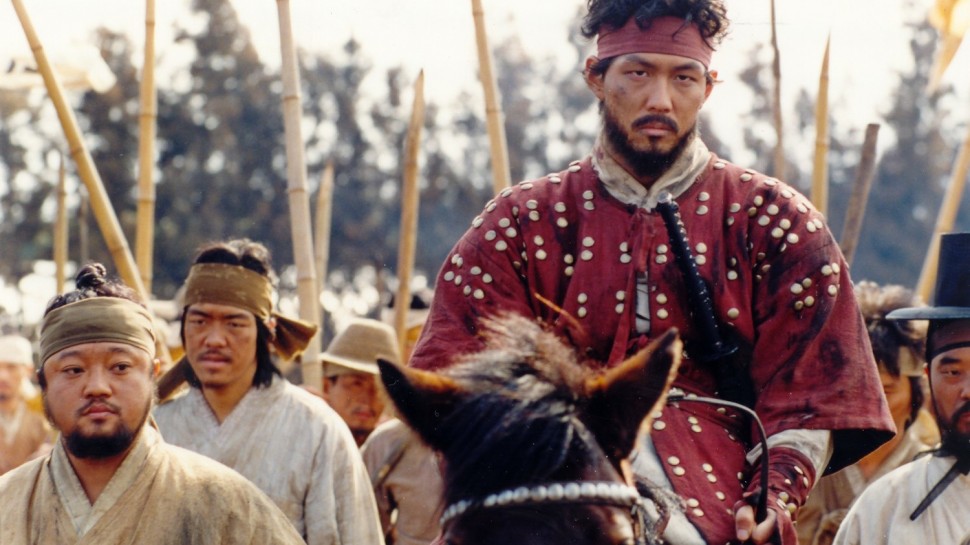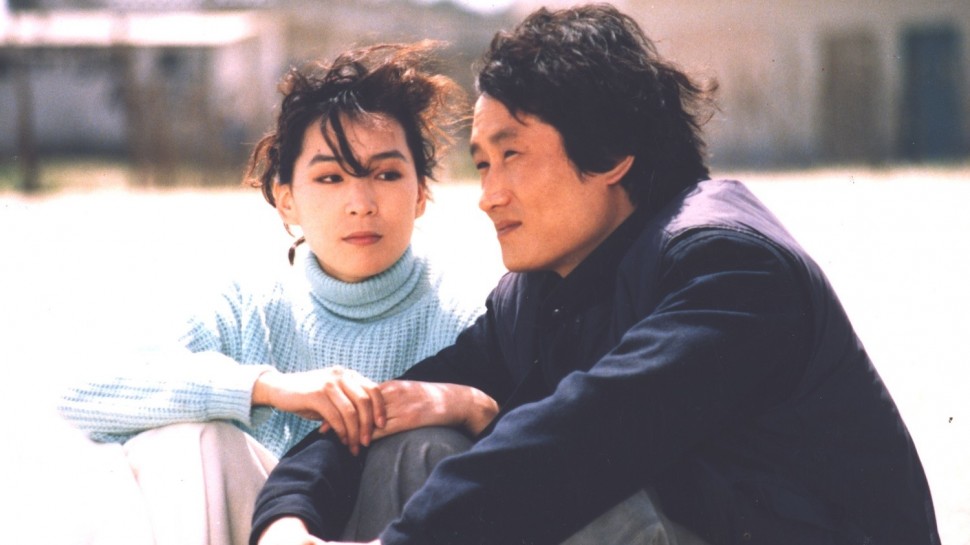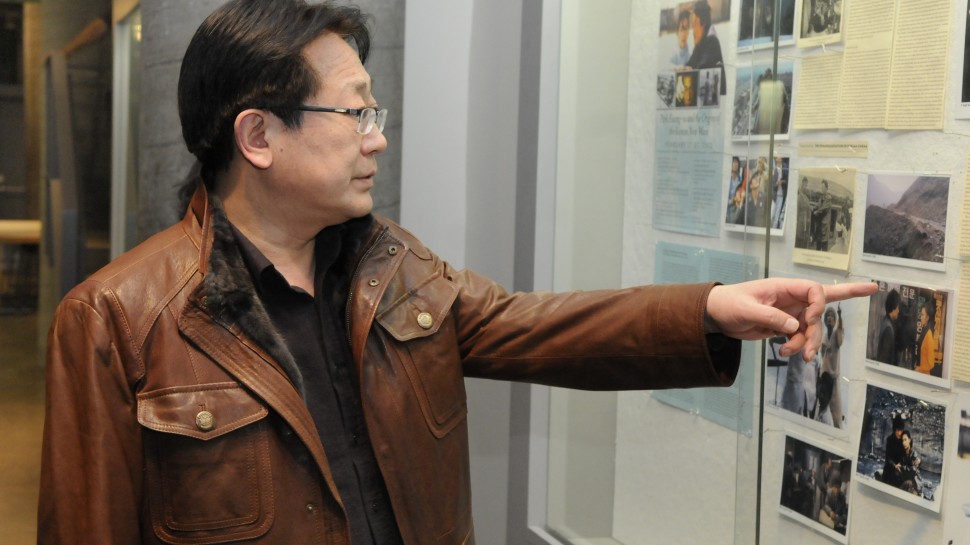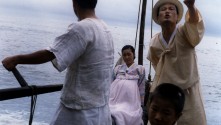


Park Kwang-su and the Origins of the Korean New Wave
Park Kwang-su (b. 1955) is the central voice, if not the progenitor, of the remarkable Korean New Wave of the late 1980s and 1990s. In major films such as To the Starry Island, A Single Spark and The Uprising, Park introduced a new political outspokenness into popular Korean cinema, an emboldened realist address of urgent, and frequently controversial, socio-cultural and historical themes. Although little known in the US, Park played a crucial role in shaping South Korea’s first authentic independent film movement by challenging the long tradition of draconian government censorship renewed with new severity in the wake of the 1980 Kwangju Massacre. Transforming quintessentially Korean themes into thought-provoking and deeply engaging narrative features, Park’s films helped introduce contemporary South Korean cinema to its first truly international audience – a cause dramatically furthered by Park’s founding of the Pusan International Film Festival in 1996.
Beginning his artistic career first as a sculptor at Seoul National University, Park’s blossoming interest in cinema led him into a Super-8 collective and, upon graduation, the Seoul Film Group, an activist film club closely tied to the vibrant student protest movement. Study at Paris’ ESEC film school introduced Park to the rich tradition of political counter-cinema which would directly inform the subject and tone of his extraordinary first feature, Chilsu and Mansu which subversively transforms the popular formula of the “buddy” comedy into an angry portrait of working class disenchantment. Park’s subsequent films continued this subtle politicization of popular film genres in order to engage a range of once-taboo themes, using, for example, the bio-pic in A Single Spark to explore the troubled history of Korean labor unions, or The Uprising’s historical epic to give new perspective on Korea’s difficult colonial legacy. United by their stylish sophistication and structure, Park’s critically acclaimed films of the late 1980s and 1990s together represent one of the highpoints in contemporary Korean cinema.
In partnership with the Korea Institute at Harvard, the Harvard Film Archive is proud to welcome Park Kwang-su. – Haden Guest













